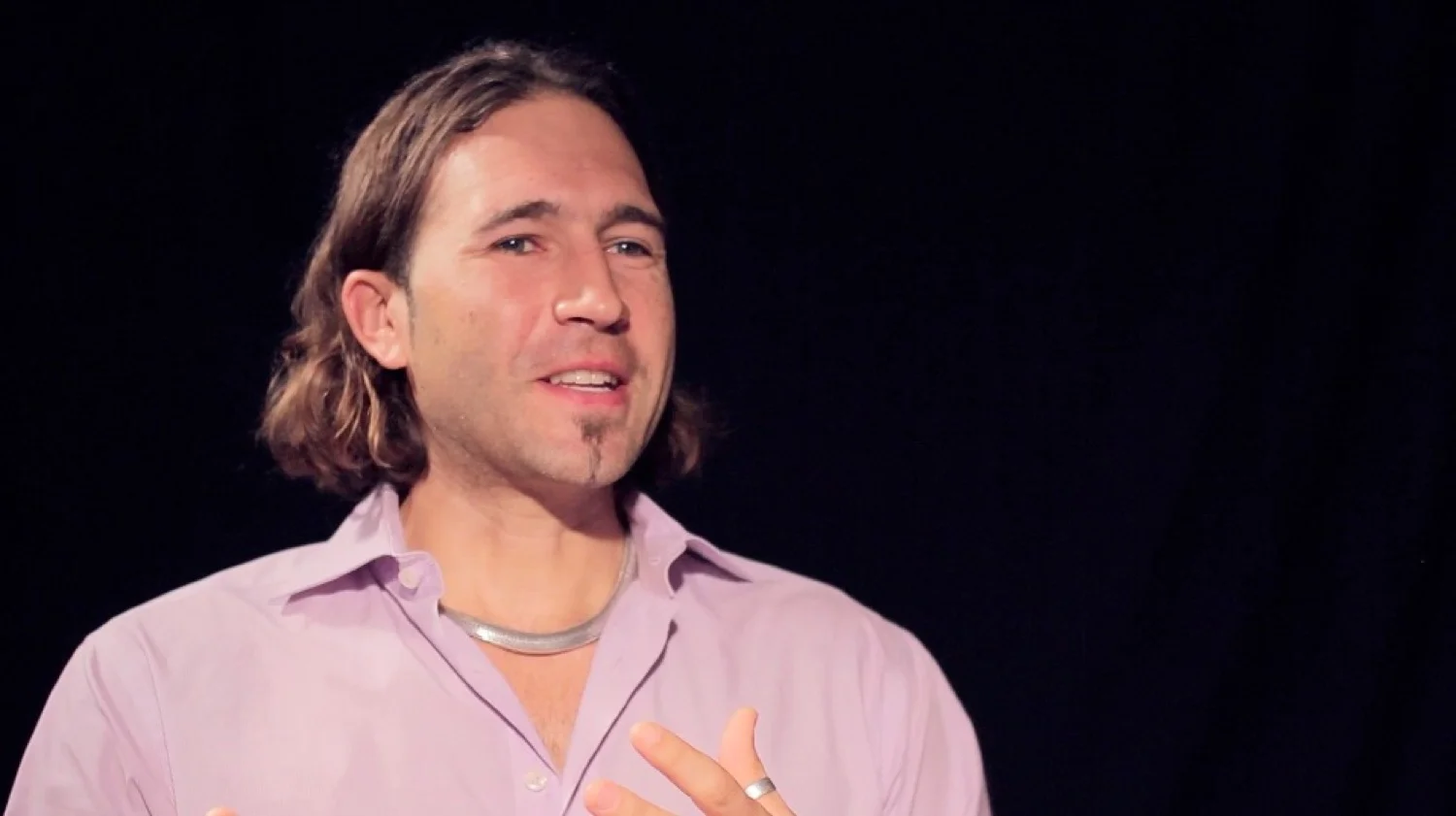In Chapter 6 of 13 in his 2012 Capture Your Flag interview, micro-philanthropist Adam Carter answers "Where Has Your Move to Brazil Been Most Challenging?" Carter shares the positive economic growth happening in Brazil and the challenges of diminishing purchasing power of the American dollar. As an ex-pat, Carter learns ways to live full time in Brazil, make a living, and continue doing his philanthropy work.
Adam Carter is a micro-philanthropist currently living in Rio de Janeiro, Brazil. He is the founder of the Cause and Affect Foundation which raises small amounts of financing to provide direct-to-source project funding for individuals and communities in need across the globe. To date, Carter has traveled to over 80 countries. He earned an MA in International Development from George Washington University and a BA in Cultural Anthropology from the University of Michigan.
Transcript:
Erik Michielsen: Where has your move to Brazil been most challenging?
Adam Carter: It’s become challenging economically and that has a variety of factors. First and foremost, Brazil, as you know, has been booming in the last 10-15 years economically, and this is great for Brazilians, it’s great for the country. 20 million people have been pulled out of poverty in the last 10 years, which is fantastic. You know they are very resorts rich, and there’s a lot more—the consumer boom is in full force. So a lot of businesses are doing well, low unemployment. That’s wonderful for Brazilians.
It’s not so great for Americans that have chosen to move down there. When I first started going down there back in 2001, the U.S. dollar was worth 4 Reais, Brazilian Reais, and when I was just there last year, it had fallen to about 1.25. So, I mean, I’ve lost a lot of purchasing power as an expat there, which is a challenge because I’ve been living in Rio, and Rio has turned into one of the most expensive cities in the world. So this idea of—before I used to spend my summers in Chicago and save my money and then go to a cheaper locale where I could live a good lifestyle, and suddenly that’s kind of been thrown into whack. Brazil has become—Rio and São Paulo, especially the big cities, have become extremely expensive in terms of real estate, in terms of rent, in terms of food, in terms of going out, in terms of transportation. The real estate in Ipanema where I was living in Rio went up like—real estate prices went up like 90% in the course of a year, year and a half, so you can feel it, and people there can feel it, too. So it’s been challenging to kind of catch up to that wave, but it just forces you to be a little more resourceful and be a little more smart about how you plan and spend your money.


